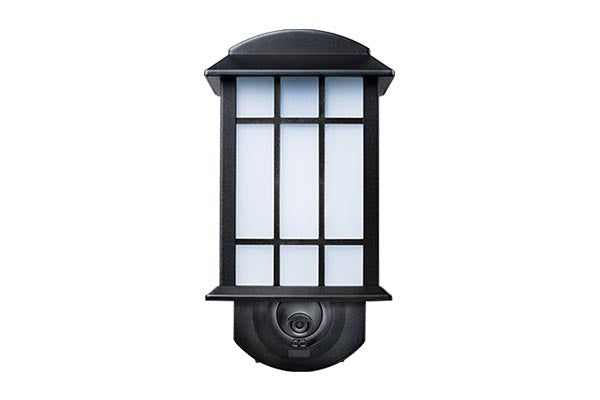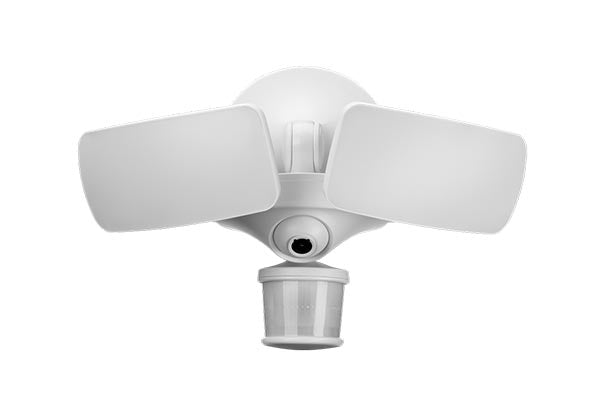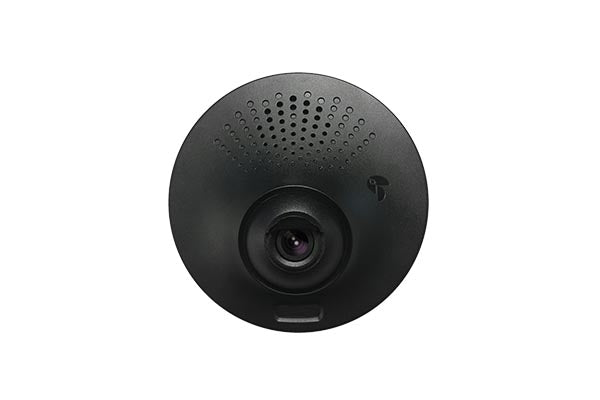
Summer Outdoor Safety Tips
With the winter over and the beautiful spring and summer days underway, increased outdoor activity brings a whole host of fun, and a few avoidable hazards. Follow these tips to keep your sunny days safe and memorable.
Preparing and Serving Food
Food left out in the heat during summer months can grow a dangerous level of bacteria. According to the Washington State Department of Health, bacteria like staphylococcus (staph) and Bacillus cereuscan produce toxins not destroyed by high cooking temperatures. Foods with dairy, eggs or mayonnaise are of particular concern, because they can go bad in a matter of hours. Keep these items in your cooler until you are ready to serve then return them immediately when people are finished. When in doubt, throw it out.
Safe Grilling Techniques
Store raw meat in a separate cooler to prevent cross contamination. For best results when grilling, let the grill heat up for 20 minutes before cooking. Allow meat to thaw fully before grilling. Bring a meat thermometer to test the meat temperature. Grills can brown the outside of the meat quickly, leaving the inside under cooked. Minimum internal temperatures should be 145 degrees for steak, 160 degrees for ground beef, 150 degrees for pork, 165 degrees for chicken and 140 degrees for hot dogs. Use separate utensils and dishes for the cooked meat and refrigerate any leftovers within one hour.

Always know the minimum cooking temperature of each item you are grilling.
Preventing Dehydration and Heatstroke
Increased outdoor activity levels and summer heat can quickly dehydrate your body. Keep water available and bring twice as much as you think you’ll need. Symptoms of dehydration include headaches, dizziness and lightheadedness and dry mouth. In extreme heat staying hydrated may not be enough and if your body is unable to keep your internal temperature regulated you can develop heat cramps, heat exhaustion or even heat stroke. Heat stroke is diagnosed by an increased internal and external body temperature and a lack of sweating. If someone you know develops heat stroke, get them into a cool place and bring their temperature down with cool cloths and even ice packs. Severe cases of heat stroke may require a trip to the emergency room for IV fluids. Prevent heatstroke by limiting your exposure to high temperature. The elderly and people with chronic conditions are much more susceptible to heat related problems and should limit their exposure to extreme heat.
Avoiding Sunburn
Cases of sunburn in the United States have been increasing over recent years and can lead to Skin Cancer. During the summer months you should always be mindful of your sun exposure. Plan activities for morning or afternoon/evening times when harmful rays are weaker. Choose a sunscreen with an SPF of at least 15 and protection against UVB and UVA sunlight. Protect your eyes with UVB/UVA sunglasses and always wear a hat. Even on cloudy days you can get burned without your skin even feeling hot. Stay hydrated, and remember that alcohol can dehydrate you.

Prevent sunburn by applying sunscreen or sunblock and re apply every two hours.
Pest Control
With the latest news about the spread of diseases by mosquitoes, people are more concerned than ever about biting insects. Follow these tips for the safe use of insect repellent and avoiding stings and bites.
- Pick a repellent that contains DEET
- Avoid repellent/sunscreen combination sprays. Use two different sprays.
- Apply repellent to your hands and then spread carefully on your face
- Assist children and avoid getting any on their hands or anywhere near their eyes or mouth.
- Avoid heavy perfumes and scents
- Guard sugary drinks and food that will attract insects
Mowing Safety
Everyone loves a well manicured lawn. However, many forget just how dangerous a lawn mower is. With many parents expecting their teens to mow the lawn, as well as those young entrepreneurs working the neighborhood, teens can be particularly at risk from injury. Most lawn mower injuries fall into two categories:
- Blade Injuries – These are usually sustained when the operator tries to free an obstruction. Just reaching into the chute a little bit can get your fingers badly mauled. Loose clothes or jewelry can get caught on the blade and pull a hand or foot in. Before clearing an obstruction from the mower, remove the park plus as pushing the blade manually while cleaning it can cause it to jump start the engine.
- Flying Debris – The speed of the blade can cause objects to be flung with a great deal of force. Always wear closed toe shoes, long pants and eye protection. Do a walk-through inspection of the lawn before you mow and remove and foreign objects (toys) sticks or rocks. Never mow around playing children; objects thrown by the mower can travel quite far.

Tools and machines such as lawnmowers should always be used with caution.
Water Safety
Swimming and boating activities are the most popular summertime activities. Keep these tips in mind while enjoying the water.
- Stay in areas covered by a lifeguard
- Teach children how to float and swim
- Don’t leave a child unattended near water
- Don’t let children supervise each other
- Always swim with a buddy. Even the most experienced swimmers can run into trouble.
- Never drink alcohol when swimming. It reduces motor function and your body’s ability to regulate your temperature.
- Stay cautious around bodies of water, even when you’re not swimming
- All swimming pools need barrier fences at least four feet high
- Life jackets are a must for children on boats. It’s the law! Adults should also use them. Most fatalities from boating accidents are due to drowning.
Securing the House Before a Trip
Last but not least is how to leave your home before a vacation. We covered how to prepare with our Pre-Vacation Home Preparation Checklist, How to Care For Your Pets When You’re On Vacation, and keeping an eye on things while away with Home Security While On Vacation.

Watching your home from anywhere in the world is easy with a Kuna Home Security system.
Keeping these tips in your mind when outdoors this summer will help ensure you and your family enjoy the weather safely.
Stop break-ins before they happen.

Save $20 on your first order.
Latest news, feature updates, and exclusive discounts.



